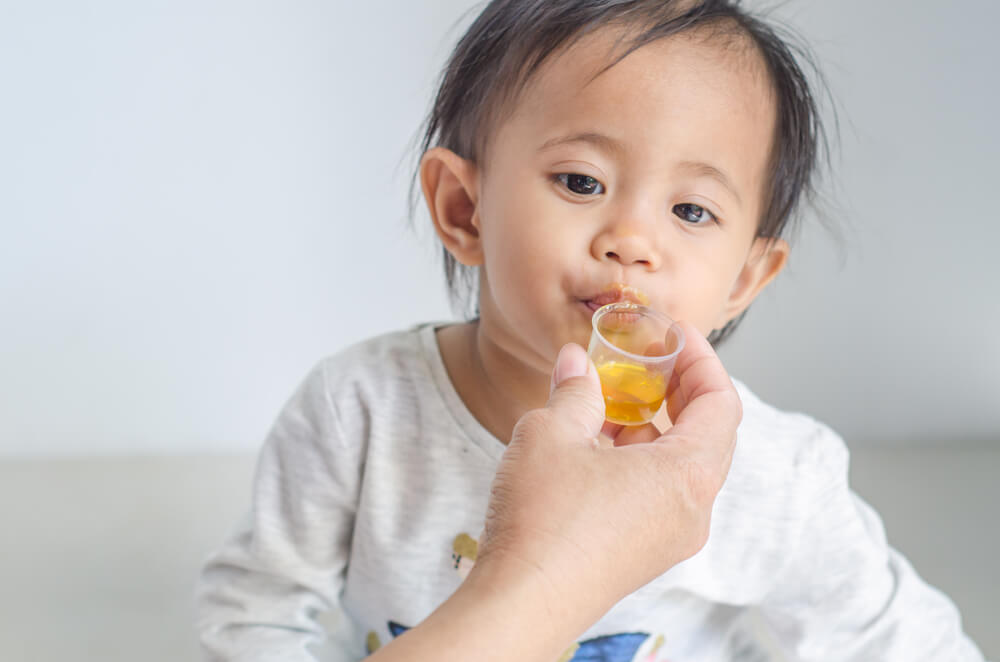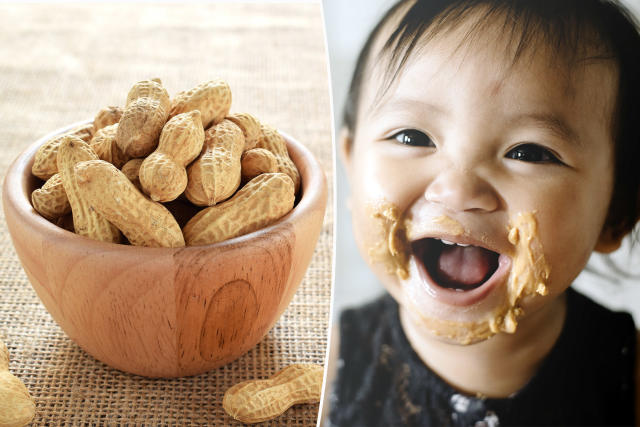Safety Measures for Parents of Children Who Enjoy the Flavor of Medicine

Among the queries parents frequently pose to pediatrician Dr. Debra Langlois at University of Michigan Health C.S. Mott Children’s Hospital, a common concern arises: how to encourage children to take their medicine. However, as children’s medications and supplements are increasingly crafted to entice them with sweet flavors and gummy formulations, another apprehension has surfaced: What if children develop a penchant for the taste of medicine?
Dr. Rudy Kink, a pediatric emergency specialist at Le Bonheur Children’s Hospital in Memphis, explains to Yahoo Life, “Administering medication to children presents challenges due to the often unpleasant taste of many medicines. To facilitate their intake, we typically enhance their flavor and appearance, resembling candy.” Even national pharmacy chains like Walgreens offer flavored options such as “Awesome Apple,” “Blastin’ Bubblegum,” or “Giggly Grape” for parents willing to pay extra.
Regrettably, as Kink notes, some children struggle to differentiate between candy and medicine and discern appropriate timing for consumption. Drawing from his extensive experience in a pediatric emergency room spanning 14 years, he observes a rise in poisonings, ranging from deliberate overdoses to adolescents experimenting with dangerous social media challenges like the Benadryl challenge, and accidental ingestions among young children mistaking melatonin and cannabis gummies for candy.
To safeguard children around medicine, here are expert recommendations:
- Store Medicine Securely: Langlois advises keeping medicine out of reach of young children, potentially necessitating cabinet locks to establish a physical barrier. It’s crucial for parents to always be aware of medicine’s whereabouts and ensure its safe storage post-administration. Additionally, Kink suggests cautioning visitors and overnight guests, including grandparents, to ensure their medication remains inaccessible, even urging the use of locks if necessary.
- Administer Medicine Thoughtfully: Langlois underscores the importance of judicious medication use from the outset, encompassing over-the-counter drugs like Tylenol and dietary supplements. Alternatives should be explored before resorting to medication; for instance, a teething baby might find relief from a cool washcloth or teething ring. Similarly, Kink advocates for medicine as a last resort, encouraging parents to consult pediatricians before administering any medication or supplement, particularly if the child is on prescription medication.
- Responding to Requests for Medicine: Shannon Hourigan, a child psychologist and Harvard Medical School instructor, emphasizes the necessity of understanding children’s perspectives regarding medicine. For younger children, medication may seem like a special treat, especially when flavored like candy. Parents should assess the context behind a child’s request for medicine, addressing underlying needs or concerns. Hourigan advises engaging children in dialogue to process their feelings and offering alternative forms of comfort or attention when appropriate.
- Educate Children on Responsible Medication Use: Hourigan stresses the importance of teaching children to use medicine responsibly. Beginning with clear discussions about the purpose and risks of medication, parents should emphasize that only they should administer it. As children mature, they can gradually assume responsibility for managing their medications, understanding dosage, safe storage, and the importance of using medication only when necessary.
Ultimately, if parents suspect a child has ingested too much medication, they should contact poison control or emergency services promptly. With proactive measures and informed guidance, parents can help their children develop a healthy relationship with medicine while ensuring their safety.



